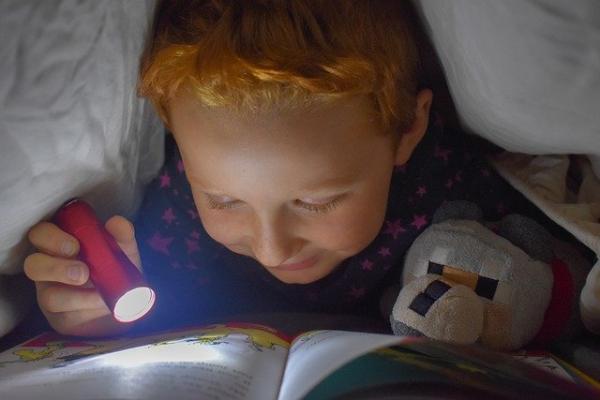I have mixed feelings about telemedicine, which has surged forward during the pandemic. What is it's promises and drawbacks?
"Telemedicine and telehealth involve a myriad of remote-health-care technologies and services collectively known as "virtual care." For years, virtual care played a minor role in the United States' $3.6-trillion healthcare industry; now, with the COVID-19 pandemic, millions of people are discovering its benefits and its shortcomings for the first time. If virtual care is the future of health care, is it a future that we want?"
The Promise and the Peril of Virtual Health Care, from the New Yorker, begins to look at the question.
"The most important difference between the fairy tale and the liberal allegory is that the fairy tale is not really about the social order at all. The societies they depict are simply a setting that makes the real story possible. The allegory tells the story of an entire community; the fairy tale, a story of one or two people. The allegory searches for social change; the fairy tale, moral growth. The allegory says that life's problems are embedded in the structures of the world outside you; the fairy tale replies that their source is embedded deep in the soul inside you."
It is time to take a look at how animated films reflect the stories we tell ourselves. From Scholar's Stage, Conservative Fairy Tales & Liberal Allegories?
Are the minds of animals and humans the same? Doubtful. But are they similar, can they reason?
"Towards the end of his life, Charles Darwin was preoccupied with the question of whether worms think. Night after night, he would go out into the garden of Down House, armed with shovels, lamps and whistles, hoping to prove that these worms were cleverer than they looked. It was certainly an odd pastime. Anyone who happened to see Darwin, then in his seventies, beating the soil, gluing leaves together, or shouting at burrows at the top of his voice would have been puzzled, to say the least. But this was no eccentric whimsy. As Darwin knew, the problem of vermicular intelligence went to the heart of man's relationship with animals – and threatened to destabilise his life's work. COVID-19 has unearthed many problems in healthcare, science and policy. One of those problems is how science is used as cudgel in arguments leading to the idea that there are separate facts."
From History Today, The Intelligence of Earthworms
"Now, scientists are beginning to understand the importance of another characteristic of any planet likely to support life, and it is one that fits squarely into Lovelock's view of Earth as a dynamic participant rather than a passive backdrop: an active system of drifting continents, otherwise known as plate tectonics. On the face of it, the connection between life, with its relatively brief cycles and dizzying complexity, and plate tectonics, with its much slower cycles and ostensibly simpler interactions, appears tenuous. But on Earth, at least, that connection is direct and deep."
There is so much more to understanding the presence of life on earth. Take a moment to leave the world of microscopic viruses behind to consider a much larger presence in our lives. From Nautil.us, Why Aliens and Volcanoes Go Together




